
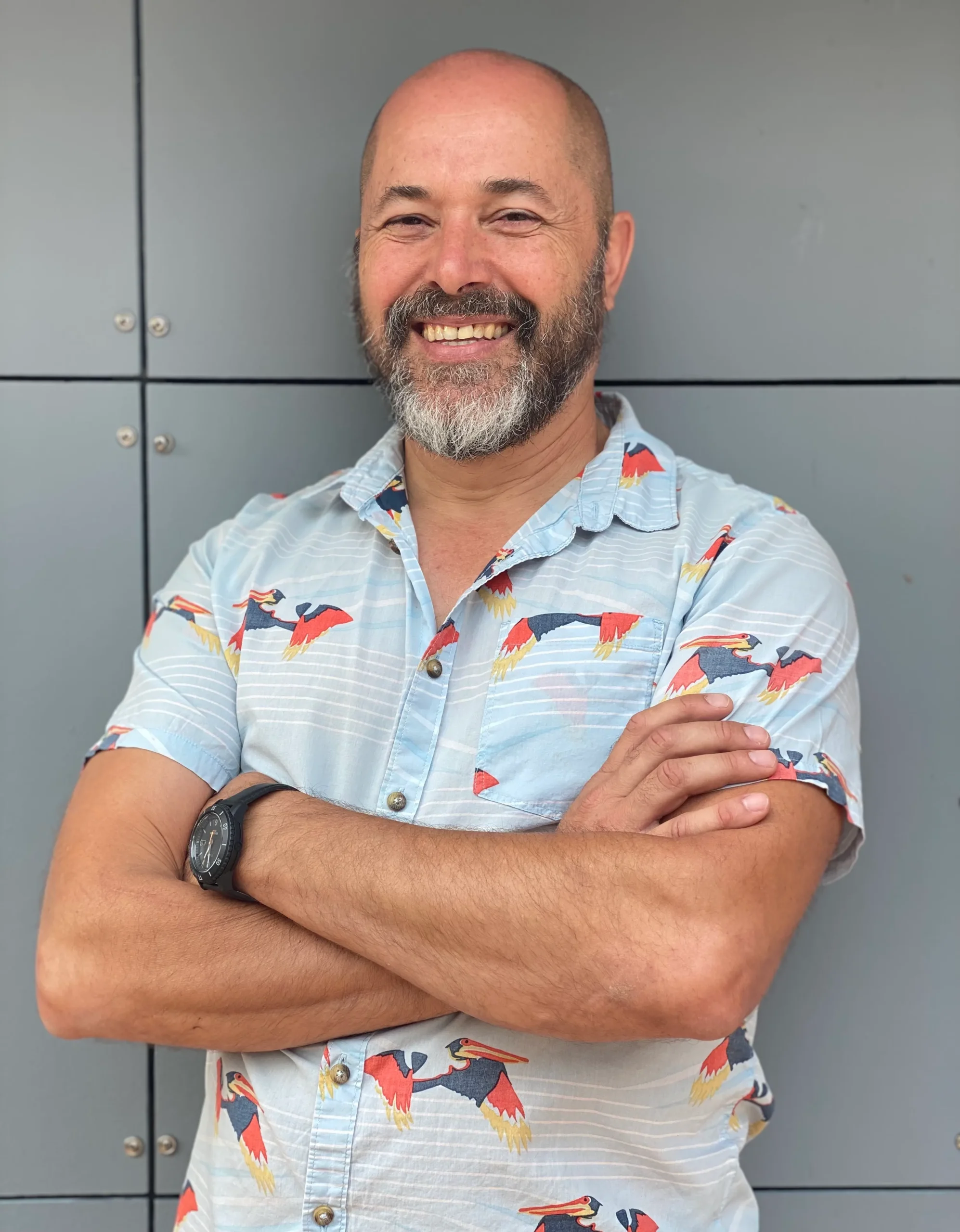
Ophir Ronen is on a Mission to Make Hospitals Quieter and Smarter
Ophir Ronen didn’t plan on launching a healthcare startup. But after a chance conversation during a Search and Rescue mission, he couldn’t ignore the problem: alarm fatigue in hospitals. Drawing from his background in IT and a lifelong knack for spotting patterns, he built CalmWave to fix it.
In this Q&A, Ophir talks childhood challenges, startup scars, and why solving impossible problems is what drives him.
Q: What did you want to be when you were a kid?
I did want to be an astronaut. I liked breaking barriers.
Q: Has that always been your personality?
I did like to cause a lot of trouble.
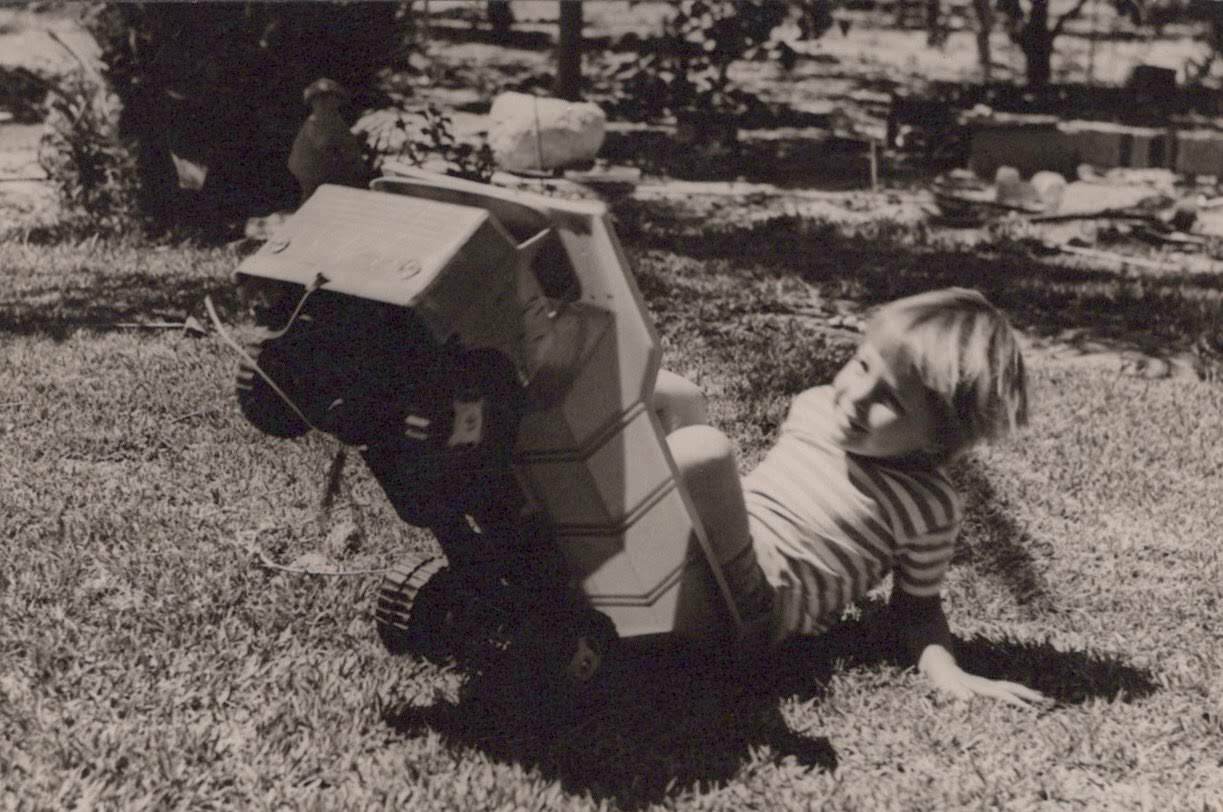
Q: What shaped you in your childhood to become who you are now?
Conflict. I feel like adversity shapes a person. I had a tough family life, and I’d say I’m probably somewhere on the spectrum. Back then, there wasn’t really any awareness or support. For example, I don’t like learning in structured environments, so I taught myself. That wasn’t understood or supported then, but it shaped me to want to build startups and do novel things.
Q: Where did you grow up? Did it influence your path?
In Seattle. Not really. The genesis of CalmWave came from my background in enterprise IT operations. I sold my last company to PagerDuty, which orchestrates incident responses for major enterprises. After leaving PagerDuty, I joined Search and Rescue during a sabbatical. That’s when I first heard about clinical alarm fatigue from doctors and nurses. I realized it sounded similar to a pattern we had solved in enterprise IT. I started reading academic papers and saw that this issue, alarm fatigue, has existed since the 1950s. I thought, maybe we can apply the same solution. Turns out, we can.
Q: What is CalmWave, and what does it do?
CalmWave brings together incredible people, from aerospace data scientists to enterprise IT experts to physicians like Dr. Darren Klugman, a pediatric cardiologist. Our goal is to make things better. Solving alarm fatigue is just the beginning. What we’re building is a hospital operations platform. We’ve already shown value not just in ICUs but to Biomed and risk management teams.
Q: Was there a specific eureka moment for CalmWave?
Yes. It was during a rescue mission, talking to a nurse about alarm fatigue. I’m a big fan of patterns, and I wondered if we could apply what we did in IT to healthcare. Jumping into a new domain is hard. I had no contacts in healthcare, but I found the Paul Allen Institute for AI in Seattle. Their ethos, AI for the common good, resonated with me. Their incubator had launched several healthcare startups. Through them, I was able to validate CalmWave’s concept by talking directly to chief nursing officers and others.
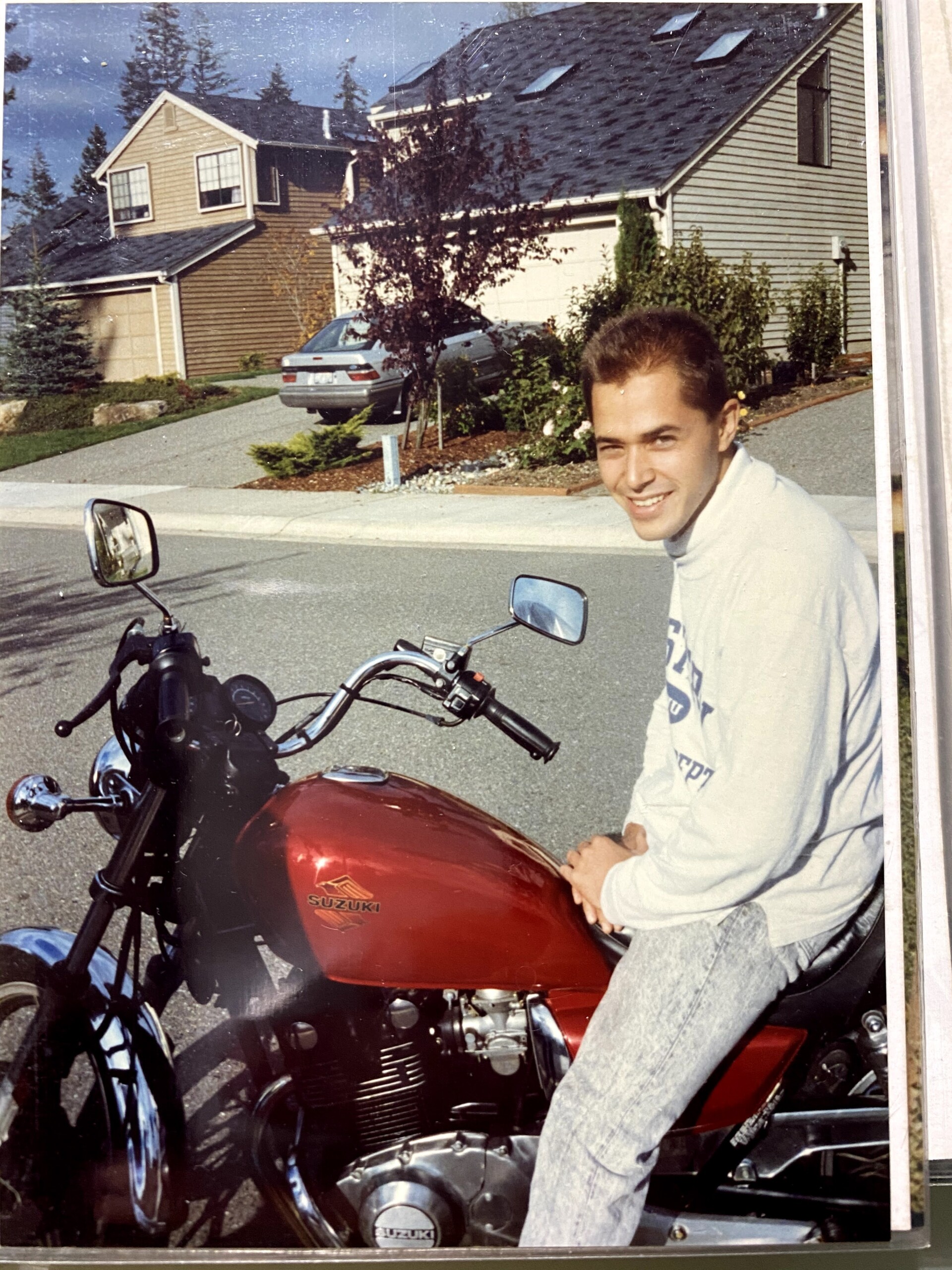
Q: Do you think the turning point in a startup is when someone believes in you or when you feel it’s the right time?
It’s a combination of both. There’s a moment of validation, and there’s internal drive.
Q: You mentioned earlier that things weren’t well understood in your childhood. How did you get through that?
Lots of scars. Lots of hard-won knowledge. A lot of struggle. I didn’t have a lot of help or training. But adversity makes you strong. It hones your personality. I struggled with bullying, but instead of breaking, I pushed harder. That’s why startups suit me. The most exciting thing is seeing a vision transform into reality with a team of really talented people all striving for the same goal.
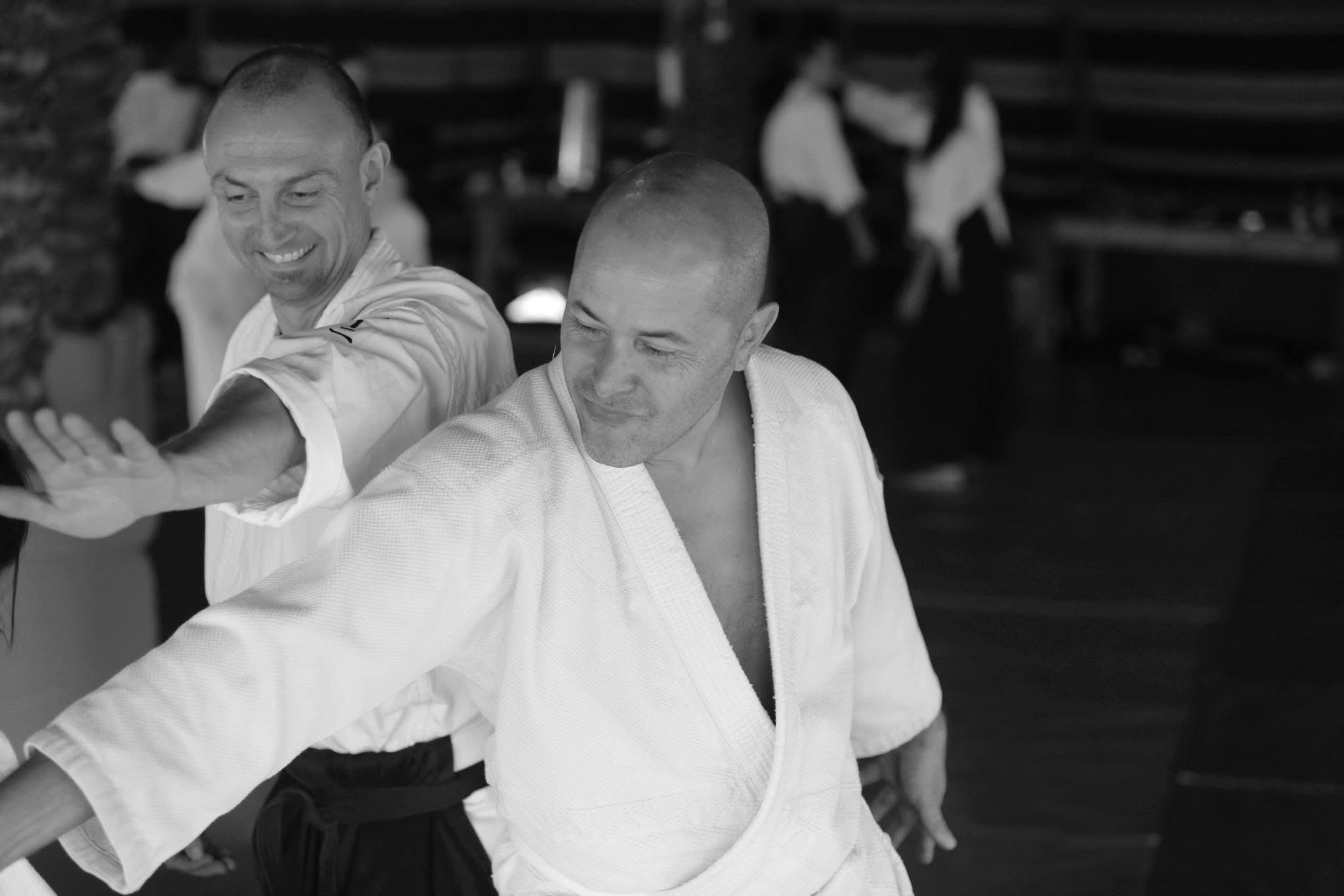
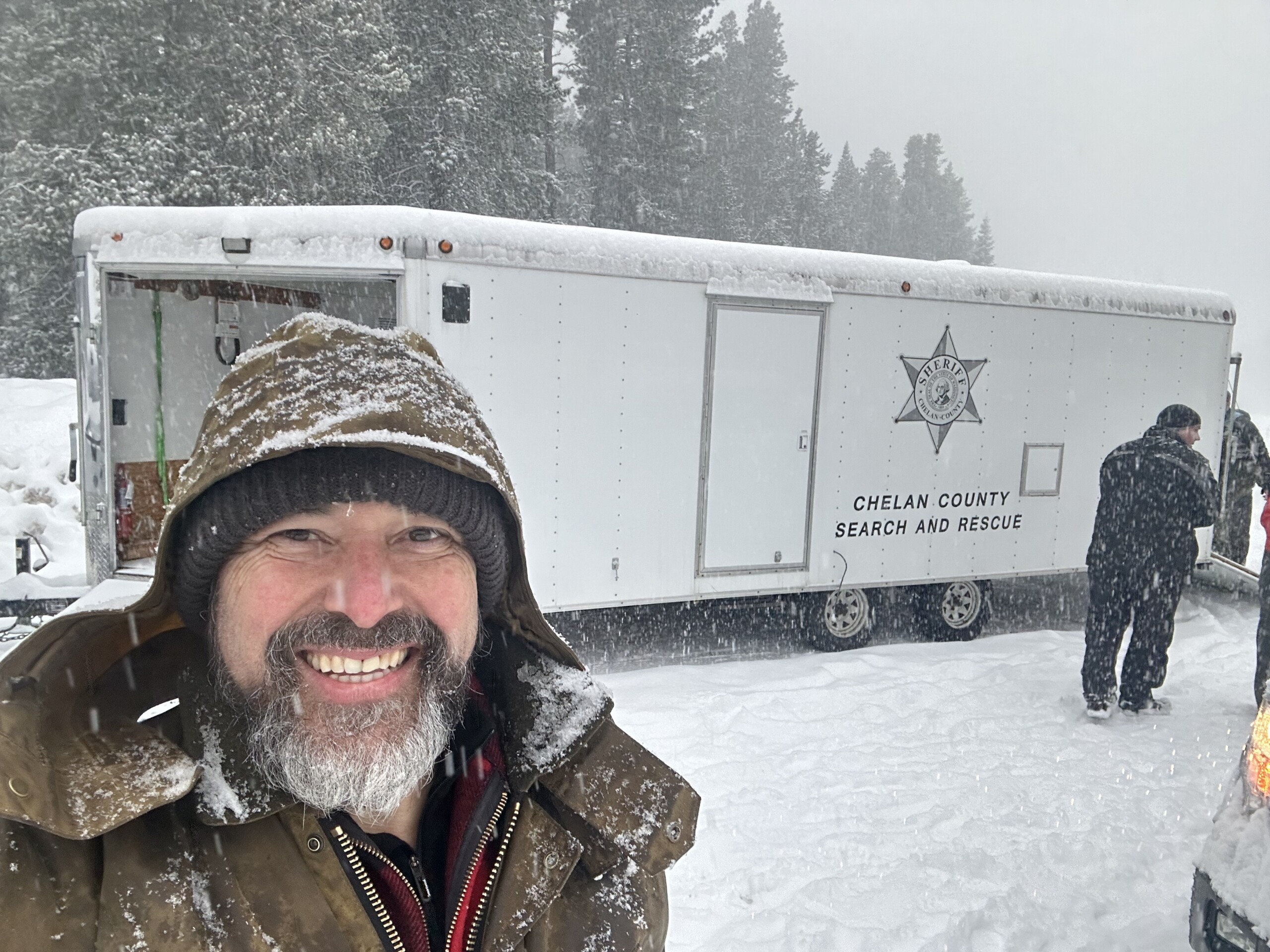
Q: What or who drives you?
For me, it’s not a person. It’s solving hard problems, especially unsolvable ones. Alarm fatigue has been unsolved for decades. And here we are at Wellstar, solving it.
Q: What’s next for CalmWave?
We have 2 taglines. Our external tagline is: CalmWave restructures the world’s data. Internally: CalmWave makes everyone a hero. For example, when we started, we found 70.7% technical alarms in one month. We gave this data to the nurse manager, who shared it with Biomed. They swarmed the unit, and within a week, reduced the alarm load by 19%. In six weeks, by 46%. Now it’s this incredible collaboration between nursing and Biomed in this unit where they’re looking at all the alarms together and making great objective progress.
Q: So it’s not just data, it’s about intelligent insight?
Exactly. It improves patient safety. We’ve seen cases where a nurse, acting on CalmWave’s recommendation, adjusted an alarm limit and got a nine-minute earlier warning on a patient’s deterioration. These are outcomes that wouldn’t be possible otherwise. Also, we reduced patient alarm exposure from 25 hours to 14.4 hours over six weeks.
Q: What does the support of Catalyst mean to you?
Incredible. Not only are you a two-time investor in CalmWave, but folks like Lori have been instrumental in finding the right people, clearing hurdles, and helping us navigate complex systems. We had to go through security, networking, and compliance reviews, and Catalyst helped make that happen.
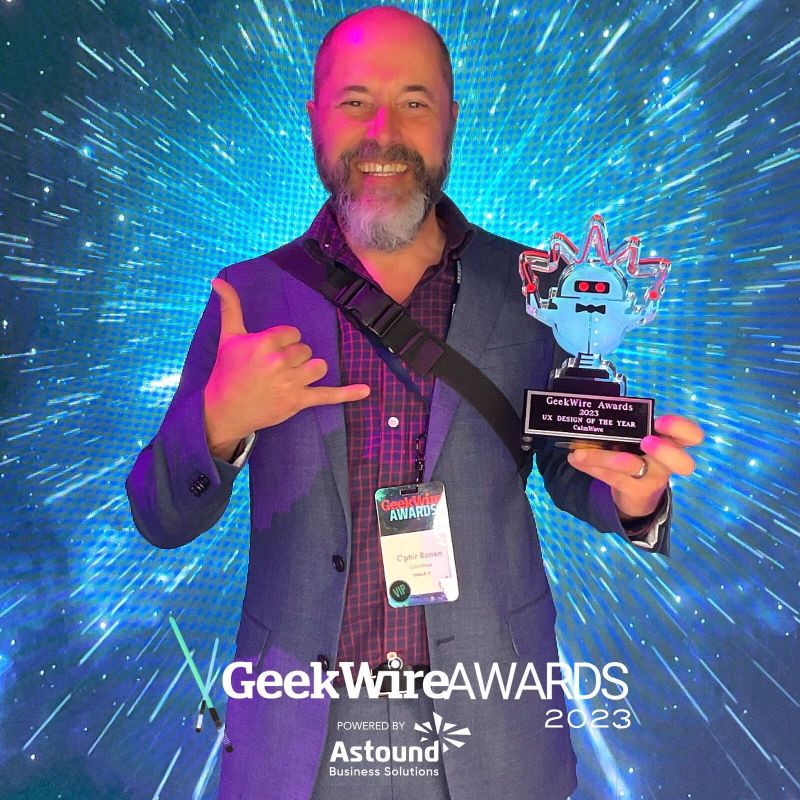
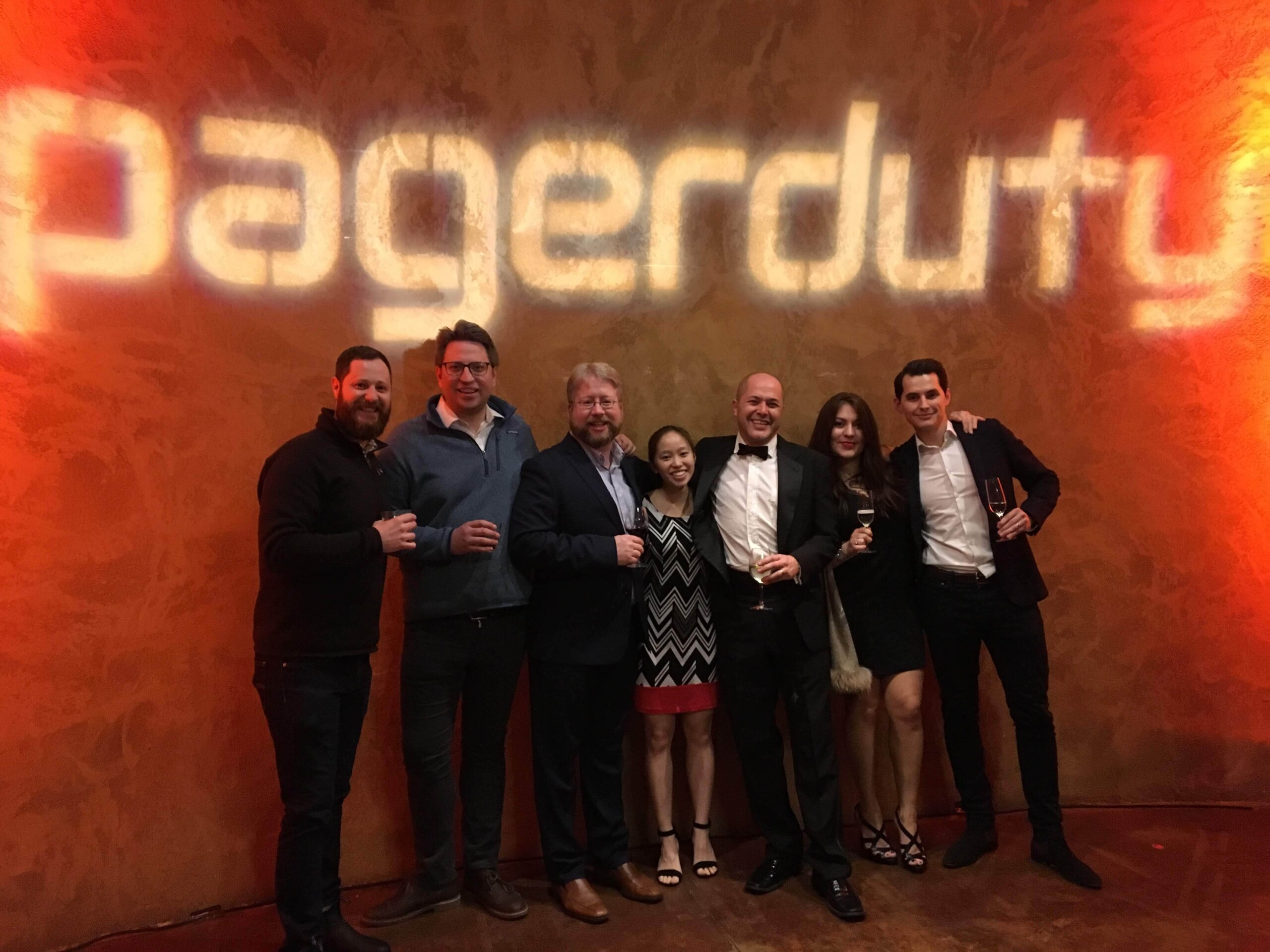
Q: Any advice for others in the startup world?
These things are hard. You’re bringing something to life that has never existed before. Expect it to be hard. Learn from others with scars. And don’t give up.
Q: Sounds like a TED Talk!
I appreciate that. We’re all learning together.